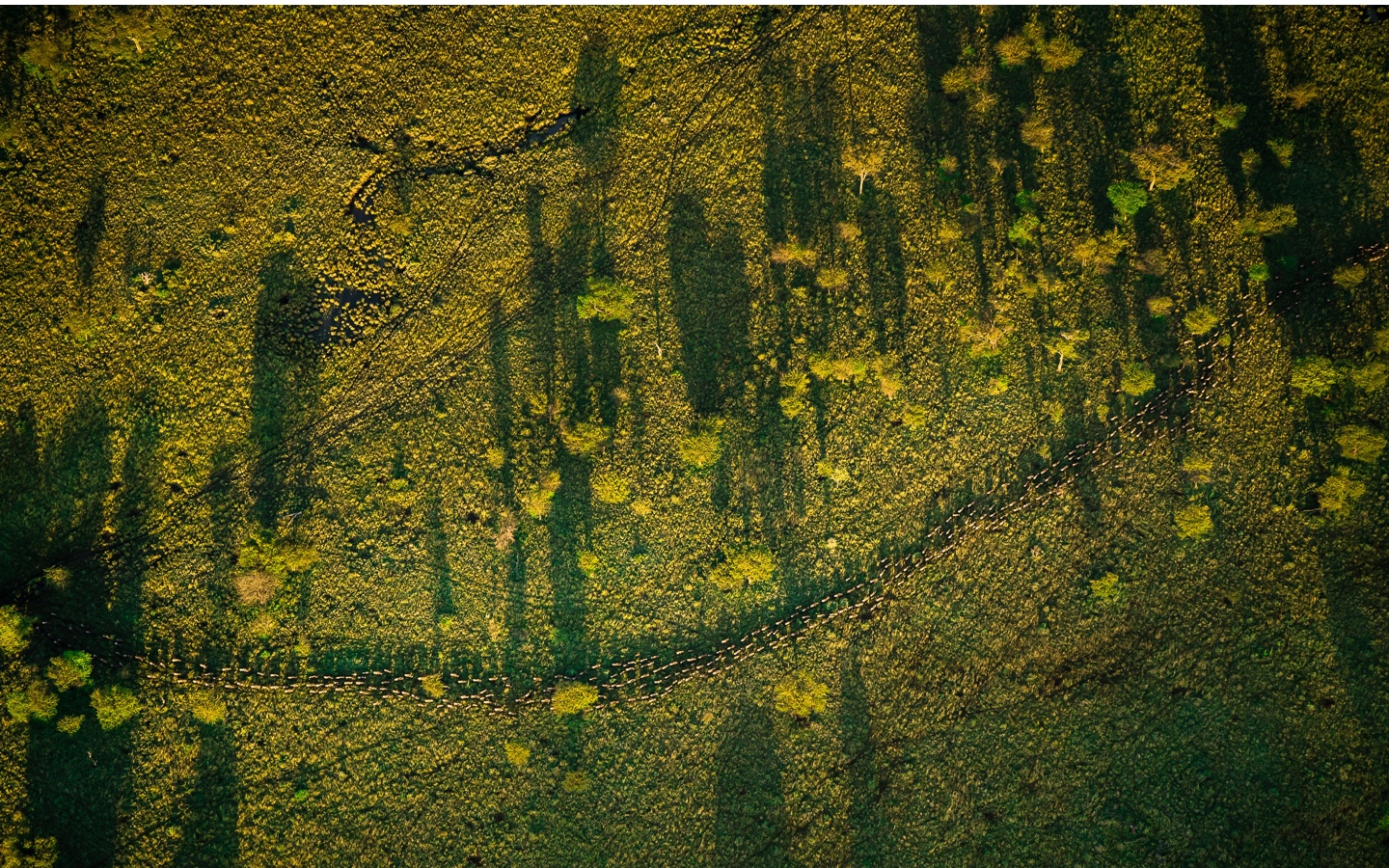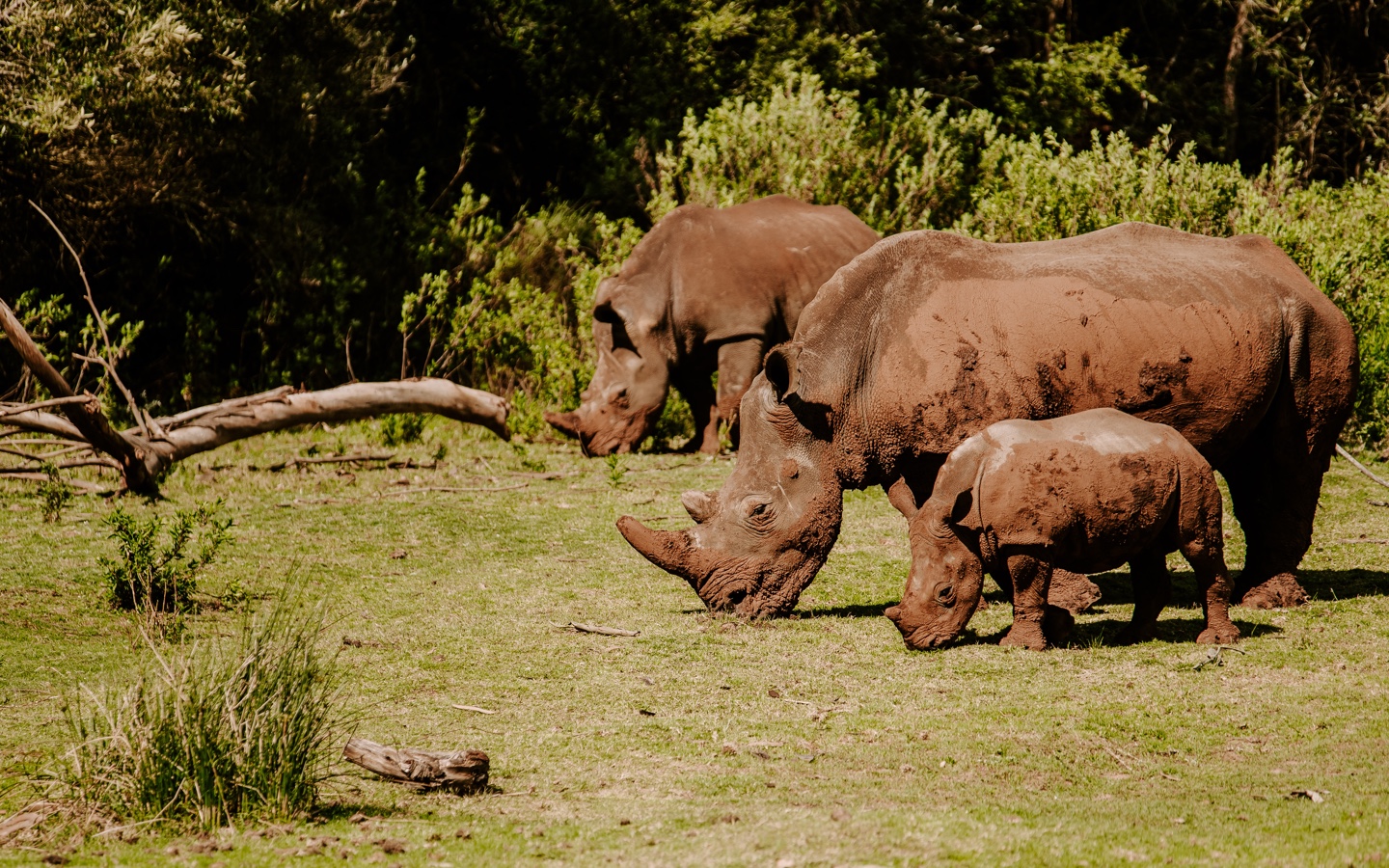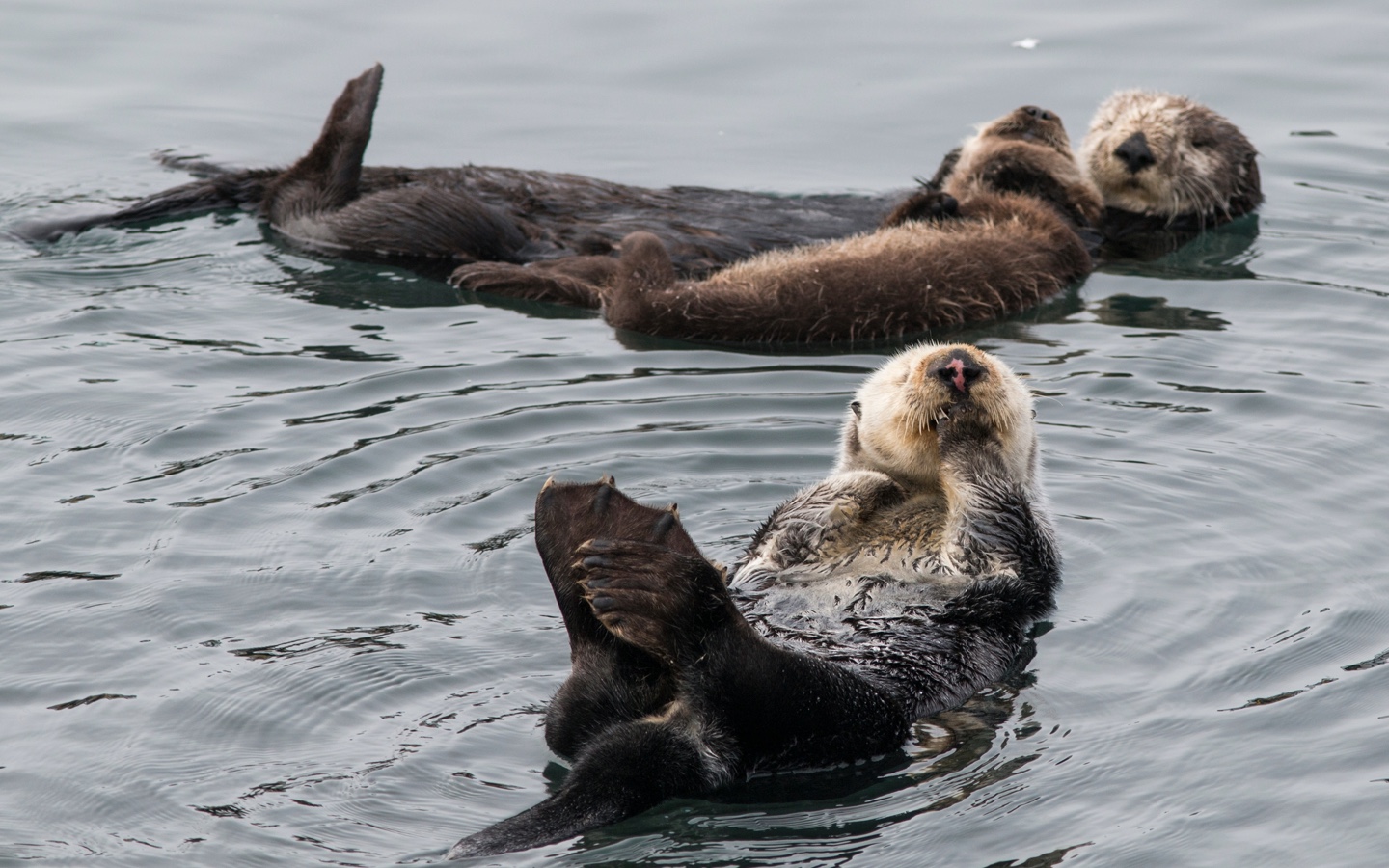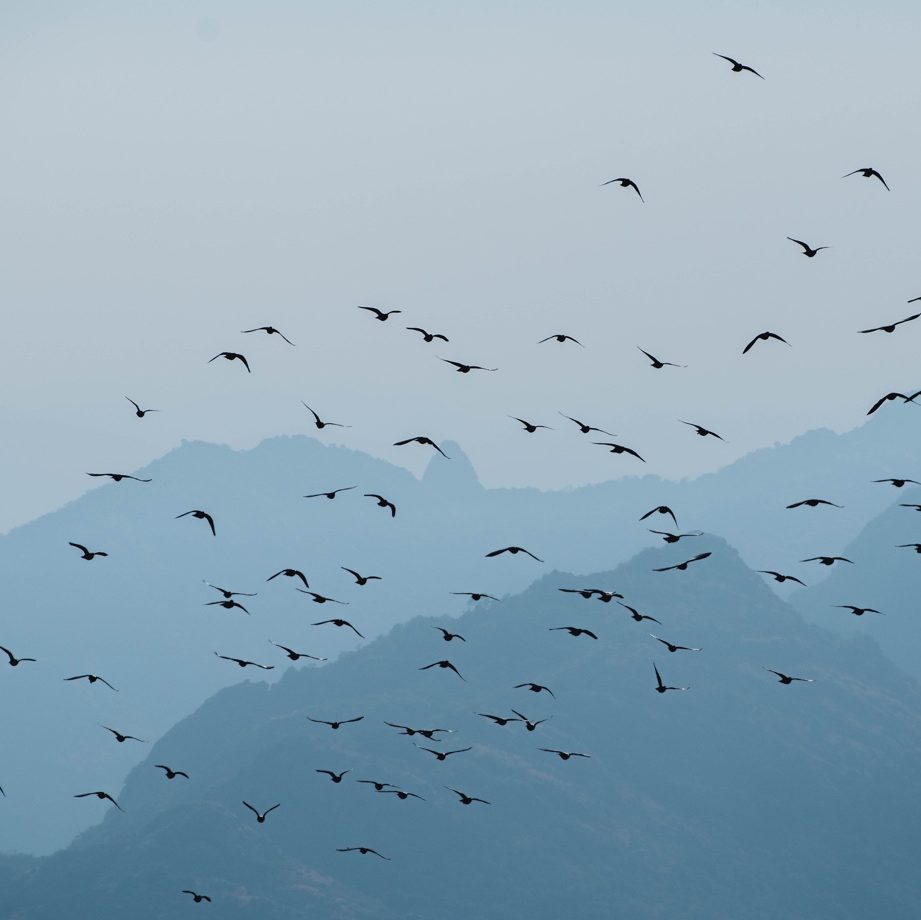A sixth mass extinction, caused by human actions, is upending the natural world as we know it. We must act now to preserve and protect the planet’s essential biodiversity.
Over the course of Earth’s life, the planet has experienced five mass extinctions, which are defined as a loss of about three-quarters of all species in existence over a relatively short period of time. That means all the species on Earth actually only account for two percent of the species that have ever lived. Now, we’re in the middle of another biodiversity crisis of epic proportions — one that researchers are calling the sixth mass extinction.
In 2020, scientists announced a new analysis that concluded 515 species had a population of below 1,000, about half of which had less than 250 individuals remaining. To add to that, 400 species have gone fully extinct in the last 100 years. (Over the normal course of evolution, this process would have taken nearly 10,000 years.)
Why is this sixth mass extinction happening? You can probably guess: Our increasing human population consumes more than it gives back. Plus, climate change-related disasters, extreme temperatures, and intense droughts are wreaking havoc on habitats and altering migration and hibernation patterns. For instance, industries like the wildlife trade (legal and illegal) threaten already endangered species. And weather events — like the recent heatwave in the Pacific Northwest, which likely killed one billion marine animals on the Canadian coast — only make the situation more dire.

Read more: Old-Growth Forests Are Declining — Here’s Why That’s So Devastating
This latest extinction crisis has seen the loss of species like the Sumatran rhino, the Española Giant tortoise, and the harlequin frog. The Delaware Bay beaches are seeing the smallest number of red knot shorebirds seen in 40 years. The concern is this is only the beginning; if these populations drop drastically, it could affect many others — animals and humans alike.
“We’ve created a narrative that humans are separate from nature when in fact, we are all part of nature,” says Shauna Mahajan, the lead social scientist at World Wildlife Fund. “Biodiversity provides us with food to eat, water to drink, clean air to breathe and medicine for our health.”
The scientists who authored that 2020 study noted that “extinction breeds extinction.” In other words, species rely on one another; when one goes extinct, so does another. There’s almost always a domino effect, too. When animals die, it changes the climate, the flow of fresh water, pest and disease control, the pollination of crops, and beyond.

Read more: Why You Should Care About Massive Seafood Waste
Here’s an example: Sea otters keep kelp-eating sea urchins in check. But because sea otters are being over-hunted, the urchin population in the Bering sea has exploded. These urchins are now overeating kelp forests, which has led to the extinction of the kelp-eating Steller’s sea cow.
North American bison are another population whose adjustments have caused a massive trickle-down effect. There were an estimated 60 million bison living in North America 200 years ago. But after several decades, there were only 325 bison left (mostly due to over-hunting and harvesting and land that was converted for farming rather than grazing). While many advocacy groups are working to save this population (there are nearly 504,000 bison alive now), the bison have not reclaimed their ecological role in maintaining the prairies.
There is hope, though: “We’ve seen change happen in landscapes like Namibia, where we didn’t think it was possible,” says Mahajan. “We can reverse biodiversity loss with the right combination of individual action and real systemic change in business and policy. There is a path in which people and nature can co-exist.”
So how can we help? The work to prevent this sixth mass extinction from becoming worse starts with people and then moves forward into policy.
“I’m most interested in approaches that engage citizens in decision-making,” says Mahajan. “It is essential to have people from different backgrounds advocating on behalf of the planet. In this year’s Convention on Biological Diversity, we must see policy change that grants Indigenous peoples and local communities the rights, authority, and capacities that can enable them to manage their own lands and seas. Those whose lives and cultures are deeply intertwined with nature are truly the best stewards of our Earth.”

Read more: How Indigenous Groups Are Leading The Way on Conservation
Mahajan recommends getting personally in touch with why you care about nature. Do you love to hike? Are animals important to you? Any cause is one worth pursuing, even if it’s just on a small scale. And once you’ve decided where to concentrate your efforts, think about helping to push for policy change in those areas, too. For example, classifying any species with less than 5,000 members as endangered can help protect them from wildlife trade. And passing laws to protect against illegal and legal wildlife trading is paramount.
“I used to bike my compost to work every day,” Mahajan says. “Then I realized if I talked to my apartment building about composting options, I would not only save myself time and energy, but I’d create a composting opportunity for 50 other apartments in my complex. Lately, I’ve been looking into local government policies I could advocate for that help other buildings like mine better access affordable composting.”
What single, small action could you take today?
Read more: The Businesses Championing Climate Change Legislation
Have feedback on the story? Email us at [email protected] to let us know what you think.

Shop Pillows
The Essential Organic Pillow Collection
Gentle, breathable, non-toxic support.





